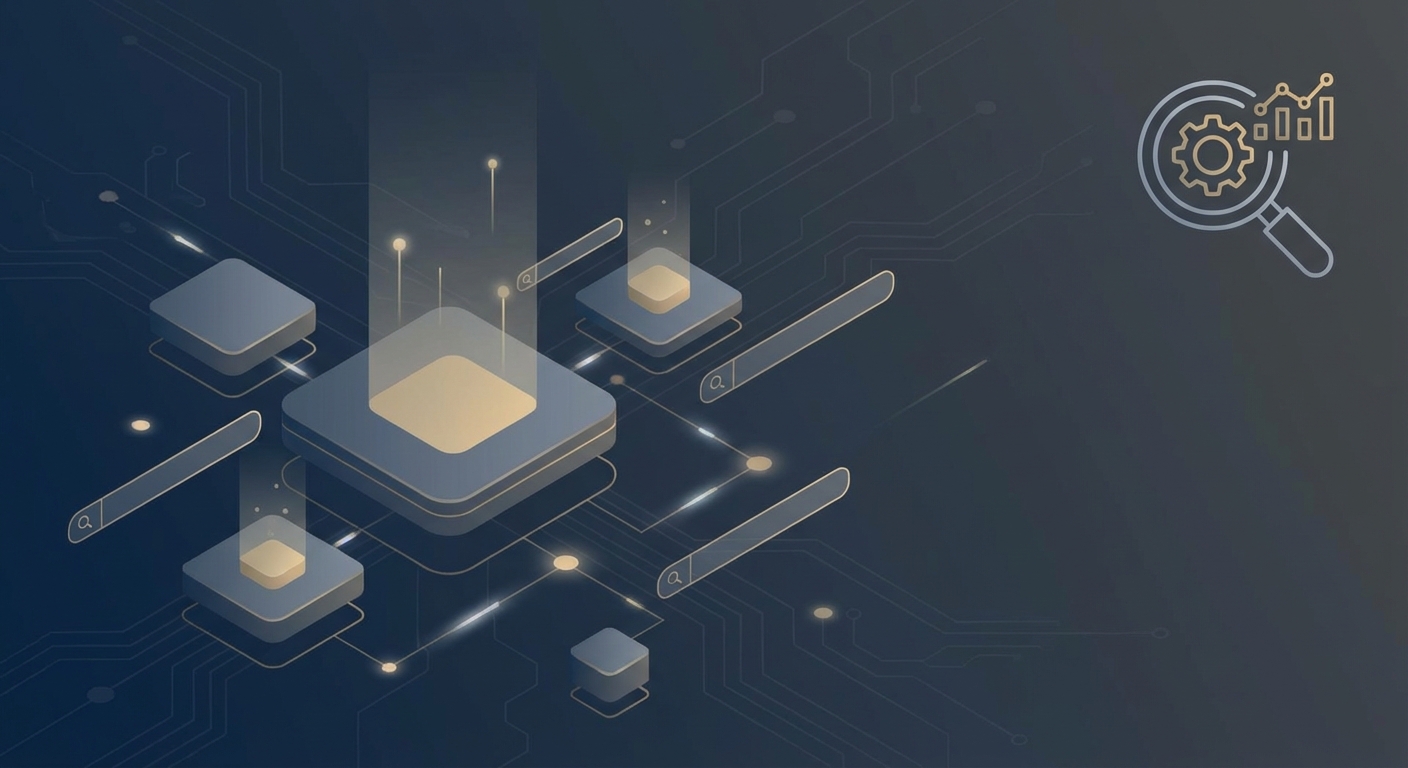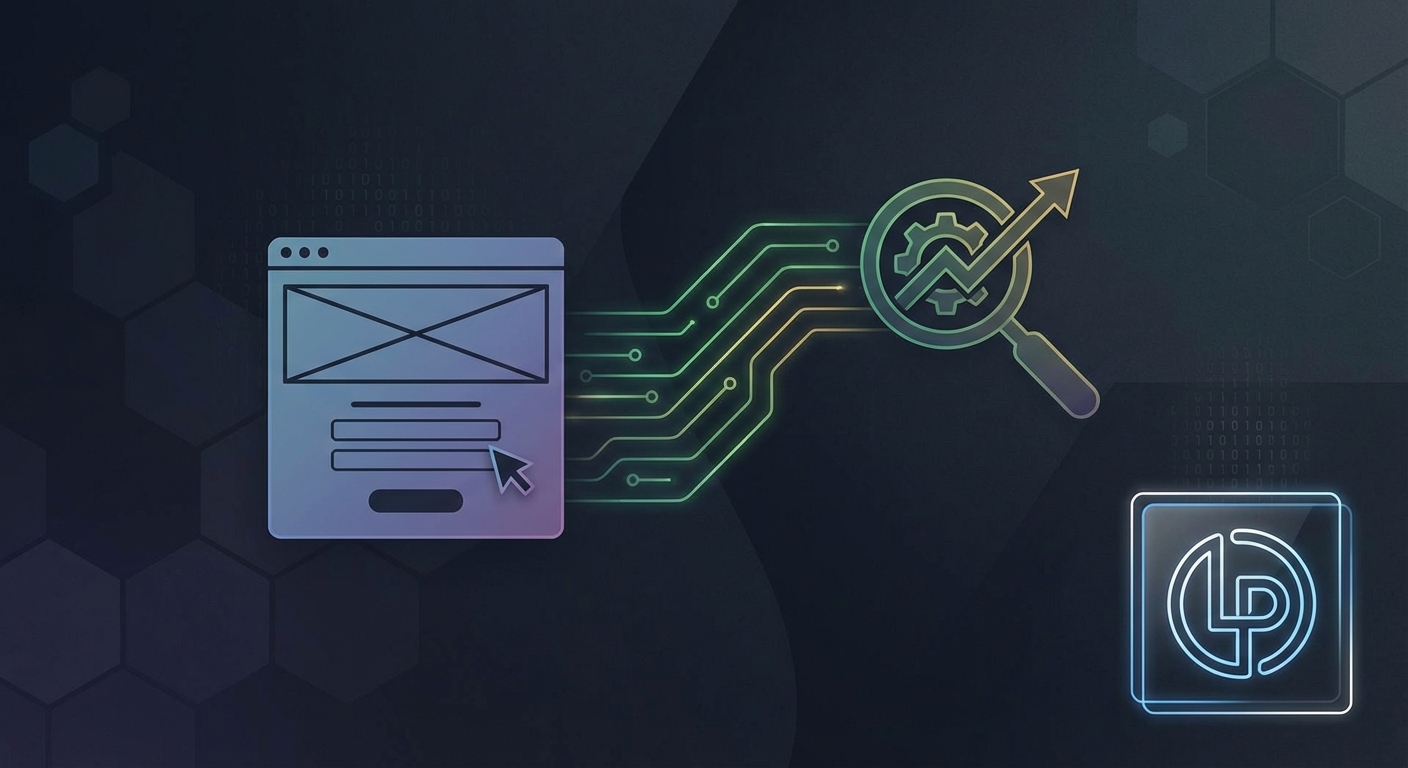Top SEO Tips from Marketing Professionals
TL;DR
- Discover actionable SEO tips straight from seasoned marketing pros! This article covers everything from nailing keyword research and intent to mastering technical SEO, off-page optimization, and the long game. Gain insights into using free tools for analysis, securing your site, and improving accessibility, all while keeping up with the latest algorithm updates – its a seo goldmine!
Introduction to Commonsense Reasoning in AI
It's kinda amazing, isn't it? How we humans just know things without really being taught them? That's basically what commonsense reasoning is all about in AI.
Here's the gist:
- It's about getting ais to understand those everyday facts we take for granted. Like, if you drop a glass, it'll probably break.
- It's different from logical reasoning. Ai can do logic all day, but common sense? That's the tricky part.
- The ultimate goal? To make ai smarter, more human-like, and actually, you know, useful in the real world. Ernest Davis and Gary Marcus point out in their paper that common sense is critical for ai to achieve human-level intelligence.
So, yeah, it's important stuff for ai's future. In this deep dive, we'll explore its importance, the challenges in automating it, some successes, and its applications in cybersecurity and enterprise software, before looking at future trends.
The Importance of Commonsense Knowledge in AI Applications
Okay, so picture this: you're showing ai a photo, and it's gotta figure out what's going on. Seems easy, right? But without common sense, it's like asking a toddler to explain quantum physics, haha.
We humans, we're pretty good at looking at a scene and just knowing stuff, like, is that person happy or sad? Is that building safe? Ai though? They need the extra help from common sense knowledge.
- Object Recognition: Ai needs to know, like, that a "chair" is for sitting. A simple example, perhaps, but commonsense reasoning helps ai recognize images in context. For instance, knowing a chair's purpose helps an ai understand that a person sitting on it is a normal scenario, whereas a person trying to eat from it would be unusual.
- Scene Understanding: It's not just about spotting objects, but understanding how they relate to each other. Is that person sitting in the chair, or throwing it through a window? Big difference!
- Overcoming Limitations: Current vision systems are great at identifying objects, but they often lack the ability to infer meaning or predict outcomes in a scene. Commonsense reasoning bridges this gap.
So, yeah, common sense is kinda a big deal for teaching ais to actually "see" the world.
Challenges in Automating Commonsense Reasoning
Okay, so, automating common sense? Not a walk in the park, let me tell ya.
It's tough to get computers to understand the way we do; like, how do you even start to explain "don't put metal in the microwave" in a way a computer gets, you know?
- Structured Formats: Current methods struggle with representing the sheer messiness of real-world knowledge. Like, try fitting "a watched pot never boils" into a neat database. This proverb isn't a literal truth; its meaning depends on context and the subjective experience of time, making it hard to encode in rigid, logical structures.
- Knowledge Base Limitations: Existing knowledge bases, while impressive, are often incomplete or too rigid. They struggle with nuances and exceptions.
- Flexibility Needed: We need systems that can adapt and learn new info on the fly. Imagine an ai that can figure out a new kitchen gadget just by watching a youtube video.
Despite these hurdles, progress is being made. Let's look at some of the successes in automated commonsense reasoning.
Successes in Automated Commonsense Reasoning
Taxonomic reasoning? It's basically how ai understands what kind of thing something is. Think of it like a giant family tree for, well, everything!
- WordNet, for instance, it's a pretty cool resource. It organizes English words into a hierarchy of meanings, helping ai grasp relationships between em. For example, it knows that a "dog" is a type of "mammal," and "mammal" is a type of "animal."
- Taxonomies help ai make inferences. Like, if it knows a Golden Retriever is a dog, and a dog is a mammal, then it knows a Golden Retriever is a mammal, too. This ability to infer properties based on category is a fundamental aspect of commonsense understanding.
- This is super useful in applications like search, for sure, but also in knowledge management, where ai needs to categorize information.
Next up: how ai figures out what happened when – temporal reasoning.
Commonsense Reasoning in Cybersecurity and Enterprise Software - Sponsored by AuthFyre
Okay, so, common sense in cybersecurity and enterprise software? It's about making smarter systems that can adapt to new threats and streamline workflows, you know?
- AI Agent Security: Common sense can help ai agents understand what's "normal" and "not normal" behavior for themselves, catching potential hacks, like, internal corruption.
- Cyber Threat Prevention: It's gotta help ai analyze those crazy-complex security logs and events, spotting patterns that rule-based systems often miss, you see?
- Streamlining Processes: I mean, imagine ai that actually understands how a business runs, and can suggest better ways to automate tasks in erp and crm systems!
AuthFyre, they're doing some interesting things with ai agent identity management; def worth checking out if you're trying to wrap your head around all this.
Next up? Let's talk about the future of commonsense reasoning in AI.
Future Trends and Research Directions
It's wild to think where ai's headed. Common sense is still a big hurdle, but things are moving, right?
- We need ai to blend different reasoning styles. Imagine a system using logic and intuition!
- Large language models are interesting, but they ain't perfect. While they can generate human-like text and seem to possess a vast amount of knowledge, they often struggle with genuine understanding and can make nonsensical errors. For example, they might confidently state that a chair is for eating or fail to grasp simple cause-and-effect relationships that are obvious to humans.
- Cognitive architectures? They might just be the key for ai to think more like we do.





